18 Freelancer Tips for Beginners (From an 8 Year Veteran!)
22 min readI first started working as a full time freelancer in November 2016. I had just quit my boring office job and was on a three week trip to Vietnam with...
The post 18 Freelancer Tips for Beginners (From an 8 Year Veteran!) appeared first on Teaspoon of Adventure.
I first started working as a full time freelancer in November 2016. I had just quit my boring office job and was on a three week trip to Vietnam with nothing but my laptop, some savings and a prayer.
At that point, I had no idea I’d be sitting here having spent the last almost decade as a full time freelance writer. I was convinced that after my Vietnam trip I’d have to come home and get a part time job waiting tables or making coffees.
But through some combination of luck, skill and good timing, I managed to cobble together a fairly successful freelance career!
However, I made a lot of mistakes along the way. Seriously, A LOT of mistakes. Mistakes I am still trying to recover from to this day.
So if you are thinking about making the leap from employee to freelancer or just starting out on your freelance journey, I want to share some tips, tricks and mindsets so you can avoid the same newbie mistakes I made!
Below I’m sharing 18 freelancer tips for beginners to help you start your freelancing career on the right foot.
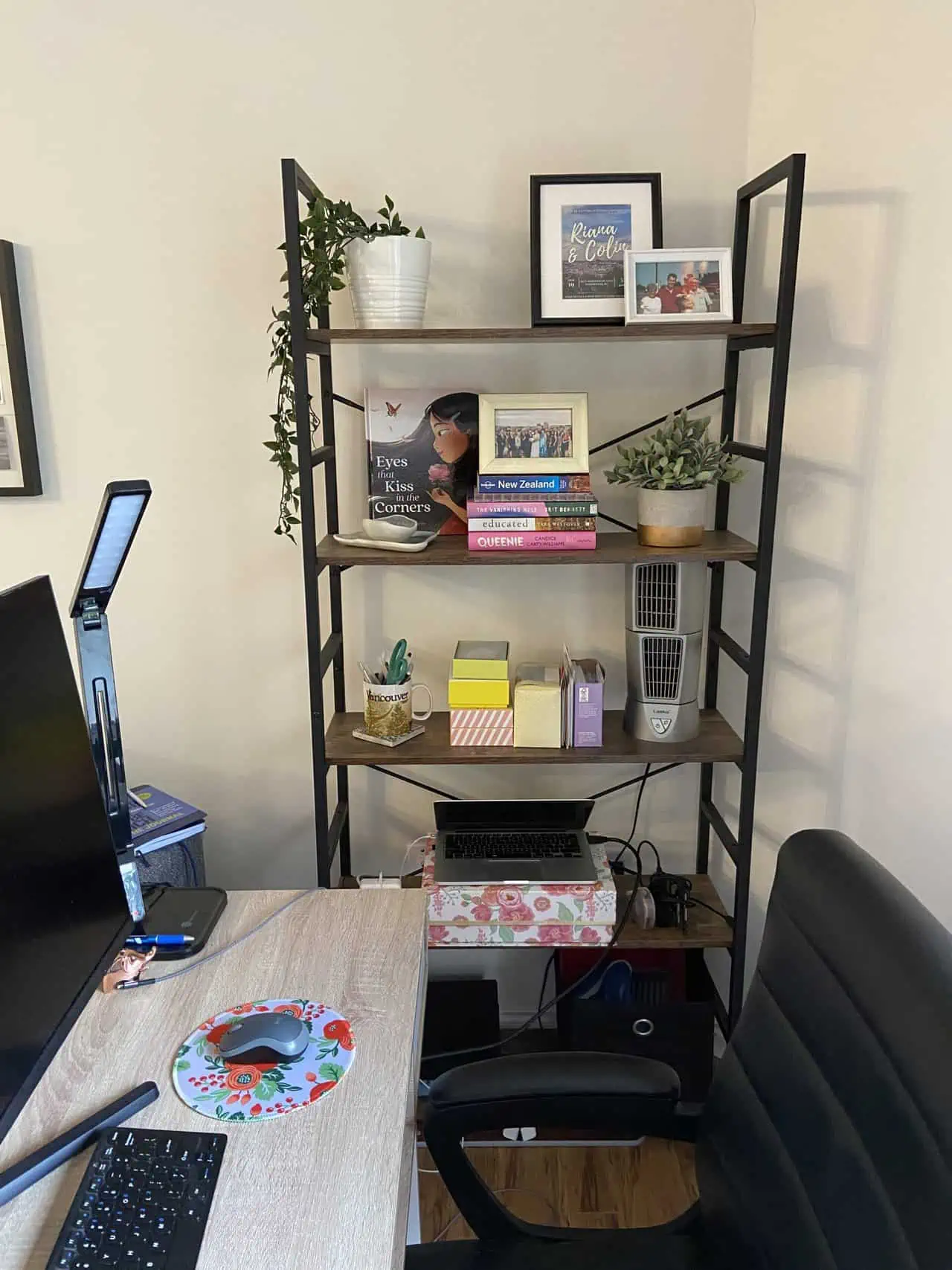
Tip #1: Don’t treat freelance life like a vacation
It’s very easy to feel like you’re on vacation when you first start out as a freelancer. All of a sudden you don’t have to set an alarm. You don’t have to go to meetings. You don’t even have to go into the office!
In fact, you could sleep in until noon and answer emails on the couch in your pajamas and no one would care. You’re your own boss!
While I’ve definitely had a work-from-couch day, I would caution you to not treat your freelance life like a vacation.
While freelancing does come with some flexibility, it’s not a holiday. You still need to establish a routine and take your work seriously, or else it won’t get done.
As a travel blogger and a freelance writer, I’ve done quite a bit of work while on vacation. And while it’s fun to send an email from the beach in Thailand or answer a client call while exploring a cathedral in Spain, my best work is always done when I’m in proper work mode.
Tip #2: Embrace the flexibility of freelancing
So while you shouldn’t treat freelancing like a vacation, you also don’t need to treat it like a rigid 9-5 job. The whole point of being a freelancer is to embrace the flexibility!
You have the power to create your own schedule. If you work best at 8pm, you can structure your work day so you’re at your desk in the evening. If you want to always have snacks on hand, work from a coffee shop or never do video calls, you can make that happen.
You can also go the digital nomad route as a freelancer and take your job on the road! Why run your web development business from your home when you could run it from a van on the beach in Mexico?
But you don’t want to take it too far (see tip #1 above). As Uncle Ben says, with great power comes great responsibility.
So yes, you have the power to create your own schedule. But that also means you have the responsibility of creating a schedule that works for you.
It may take you a bit of time to find your ideal freelancing schedule. That’s okay! You can try out different schedules and adjust your routine whenever you want.
For me, I know I like to have a slow morning. I like to walk my dog, enjoy my breakfast, watch a fun YouTube video and then get down to work. I also like to mimic my husband’s working hours, so we can make the most of our time together when he’s off work.
I’ve learned that breaking up my day with creative work, getting out of the house and even doing non-work tasks, like cooking, help me to be more successful with my freelancing.
8+ years into freelancing, I’m still refining my schedule and work routines. But knowing I have the flexibility to do that is key.
Tip #3: Create a contract and a portfolio
One of the biggest mistakes I made as a freelancer (and honestly, still make to this day!) is not having a contract with every client and not keeping a portfolio of my work.
You might be wondering why this is a freelance tip for beginners. You’re just starting out – what are you even going to put in a portfolio? And how would you know what to write in a contract?
Even if you’re new to freelancing, I encourage you to get these fundamentals in place. Your portfolio will grow and your contract will change, but having them from day one will be a game changer to your freelancing business.
A contract is put in place to protect you. It lays out the terms of work between you and your client and ensures everything from deliverables to deposits is covered.
You can find a basic free template online and tweak from there. That’s how I made my contract!
You don’t realize how badly you need a contract until it’s too late. Sadly, so many freelancers end up in awful working situations or looking at unpaid invoices because they didn’t have a contract – myself included!
A portfolio is something you’ll use to show potential clients what it’s like to work with you.
Even if your portfolio starts out as a pretty lean page on your website, it’s a good idea to create one from the beginning so you can collect case studies, testimonials and samples along the way.
To this day I don’t have a great portfolio put together, which I do think affects my ability to land clients. There’s a lot of previous client work that I no longer have access to and can’t add to my portfolio now.
So learn from my mistakes: get your contract and portfolio together ASAP!
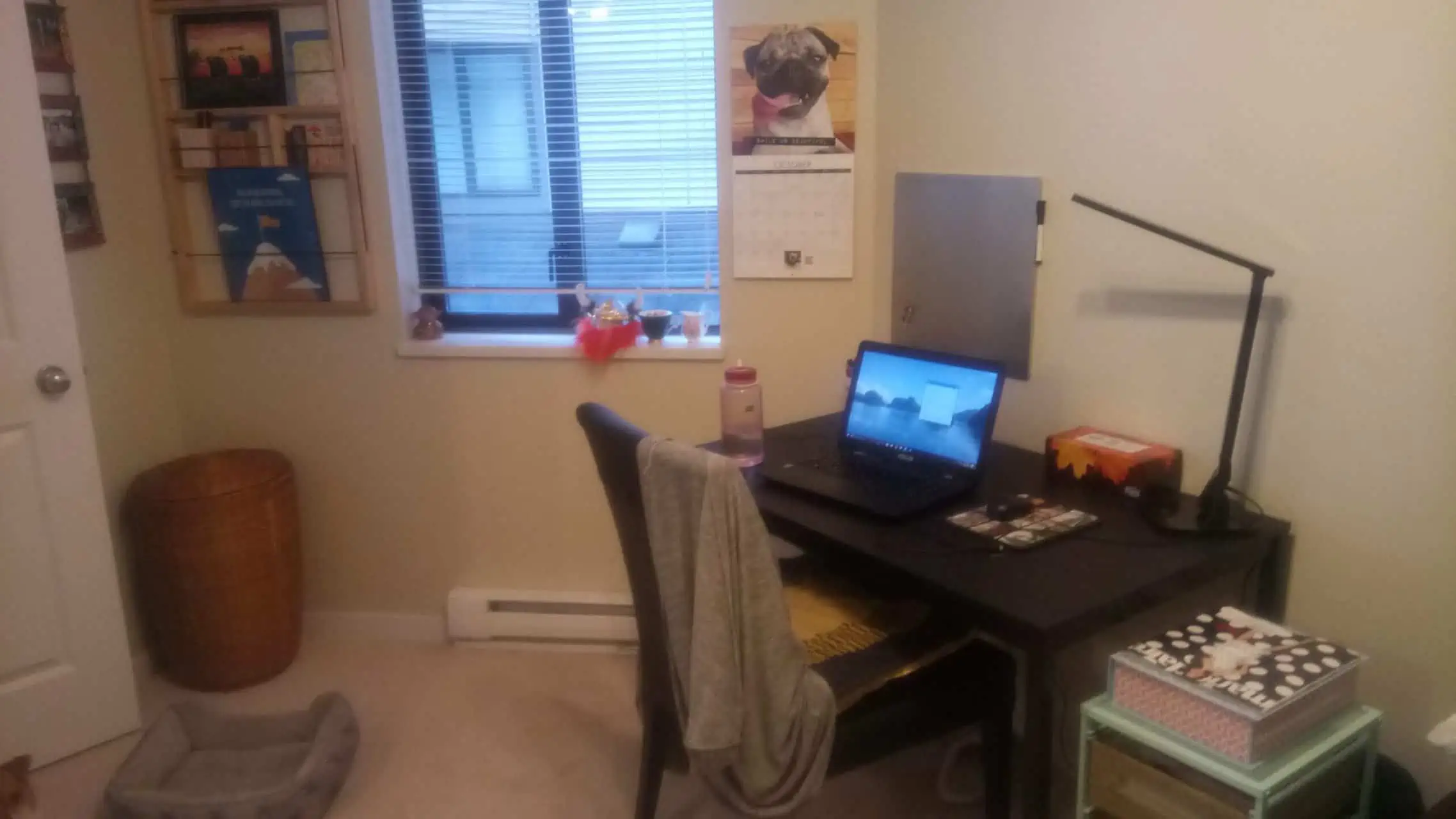
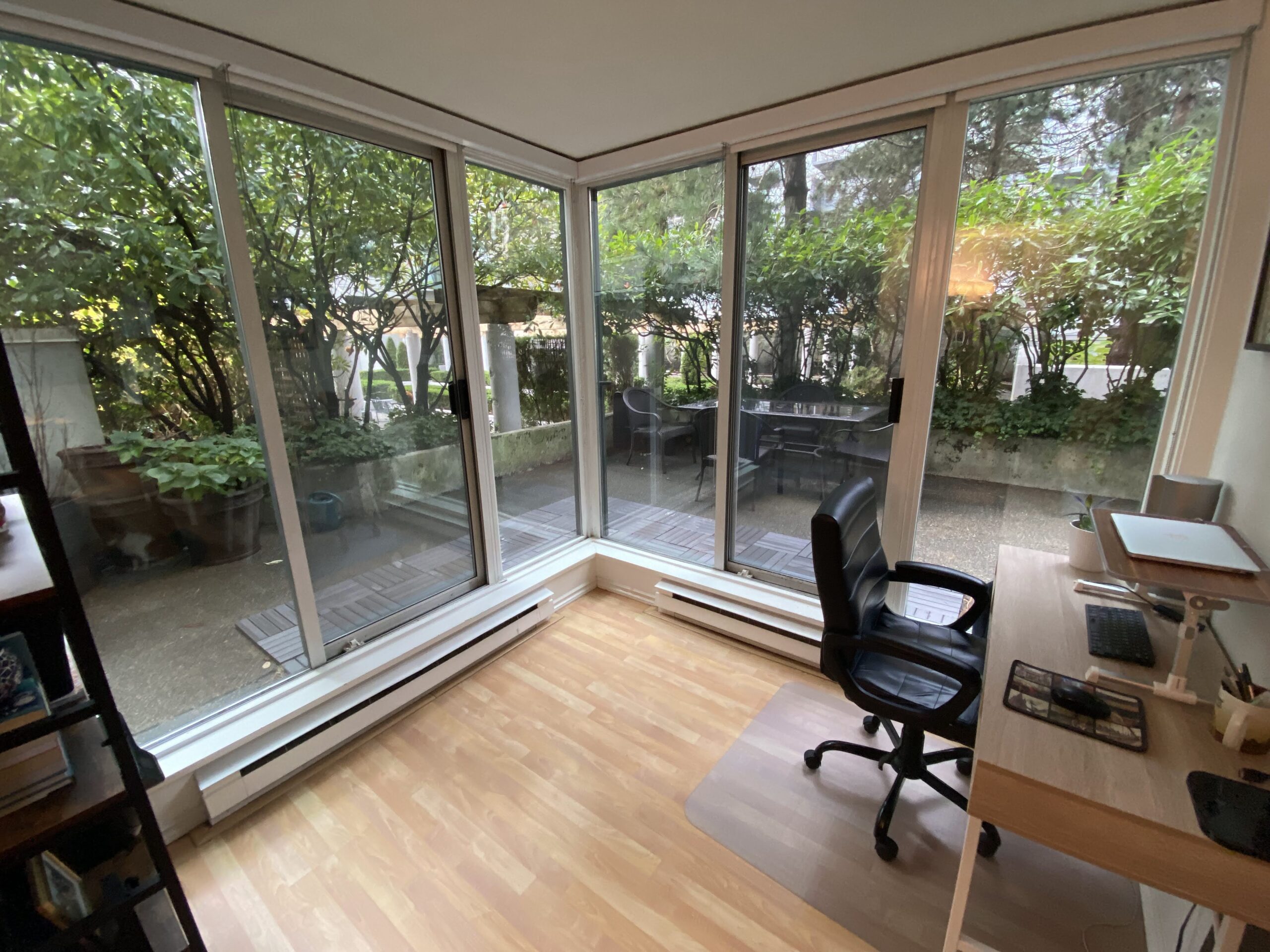
Tip #4: Carve out a separate workspace
This was one freelancing lesson I learned the hard way after many months at a tiny kitchen table with my then-boyfriend playing video games in the background.
As a freelancer, you need your own dedicated space.
I know it’s not realistic to say every freelancer needs their own office. In the seven homes I’ve lived in since I started full time freelancing (yes, we move a lot!), I’ve only had a dedicated office in one of those homes.
But that hasn’t stopped me from creating my own separate space for my work. Whether that’s in the bedroom or (my preference) in the living room, I love to create a little nook that’s just for me and my work.
Having a dedicated workspace signals to your brain that when you’re in that space, it’s time to get some work done.
As a freelancer, you likely don’t have an office building to go to or a commute to get to work. So sitting down at your workspace is part of getting into work mode.
Even though I do like to work from different places – like a coffee shop or even sometimes out on the balcony – it’s comforting to know I always have a home base I can come back to when I really need to get stuff done.
Make your workspace work for you. For me, I love to set up my desk by a window where I can get natural light. I like having a huge screen, a table lamp, lots of space for my notebooks and snacks, and easy access to my work supplies.
Tip #5: Figure out how you best stay organized
One of the big tasks of freelancing is staying organized and motivated. As a self-employed person, you can no longer rely on a boss or manager to do this work for you!
The most successful freelancers I know have honed in on their organization systems. They can stay on top of changing due dates, assignments and pitches with a variety of clients all at the same time.
This is one arena where you’re going to need some tools in your arsenal. Whether it’s an old-fashioned notebook, reminders on your phone or a full Notion template, you’ll need some help staying organized.
I’m someone who loves organization but even I struggled with this aspect of my freelance life. It took me quite a few years to settle into a method I really like.
My primary organization tool these days is Todoist, which is an online to do list. I use it to keep track of everything I’m working on, with different folders for different clients. I also have a few spreadsheets and Google Docs for my client notes.
Is it a perfect system? Absolutely not. But it does keep me pretty organized!
Tip #6: Don’t sell yourself short
This is a huge one I wish someone had told me when I was just starting out as a freelancer. There is so much imposter syndrome, especially as you step into something new.
When I first began working, I seriously undervalued not only my experience but also my skills and my time. That led me to accept very low-paying work that I did not even want to be doing.
Sadly, that meant I was not only underpaid for years but that my current income still suffers, because I started so low. Annual raises can only get you so far when you start at a low wage.
Over the years, I’ve learned to be a bit more confident in what I can do. I now have proven successes and years of experience under my belt. But I still struggle with undervaluing myself.
I still fall into a comparison game with other freelancers who I think are doing it better than me. I still have a hard time charging higher prices. And I still think I’m not good enough.
One thing I try to do to combat this is when I have new clients, I’ll ask for more money than I think I can get. Worst case scenario? They say no and we negotiate down. Best case scenario? They say yes!
And you know what? They say yes almost every time. Which makes me think I need to start asking for even more!
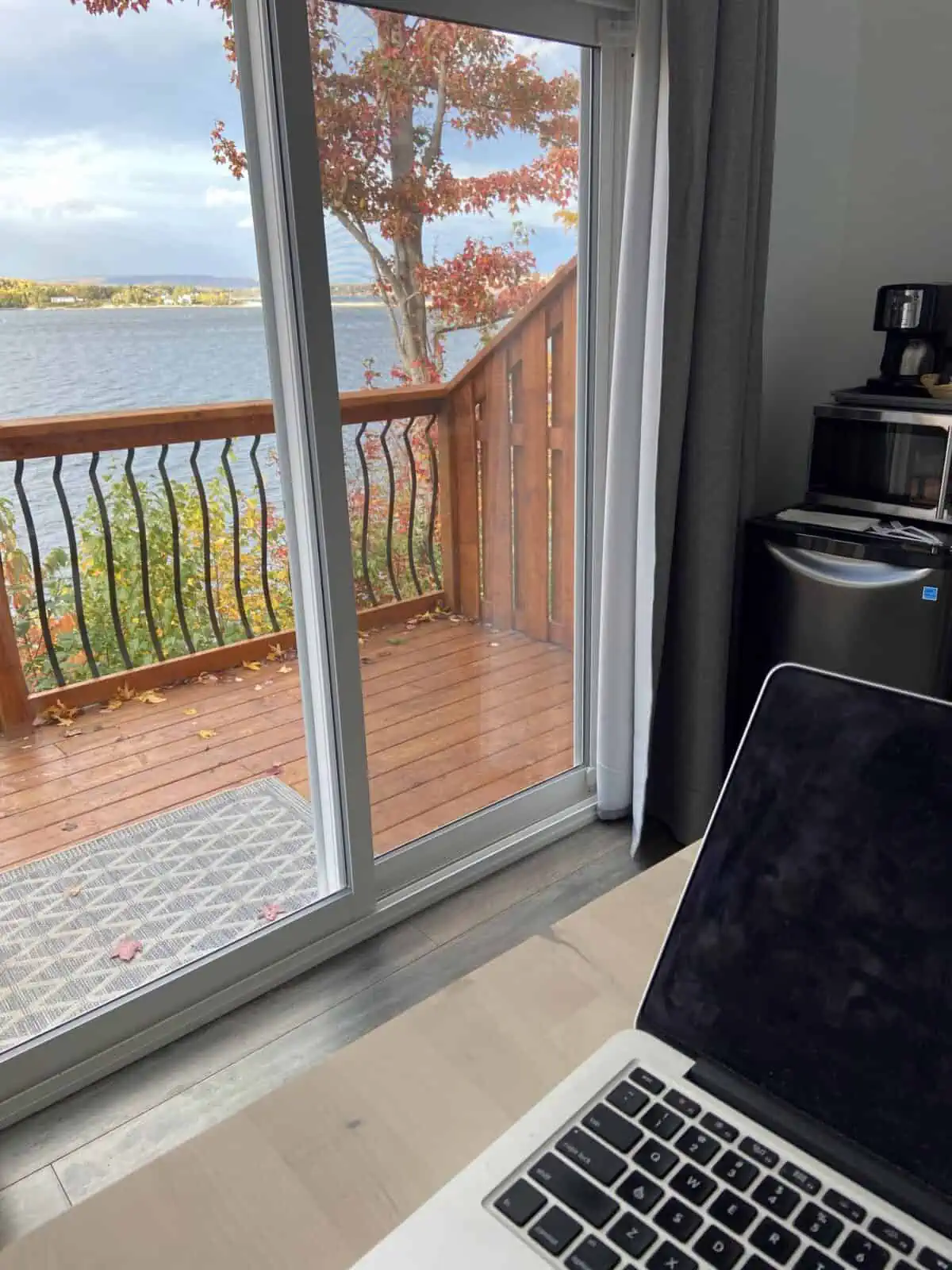
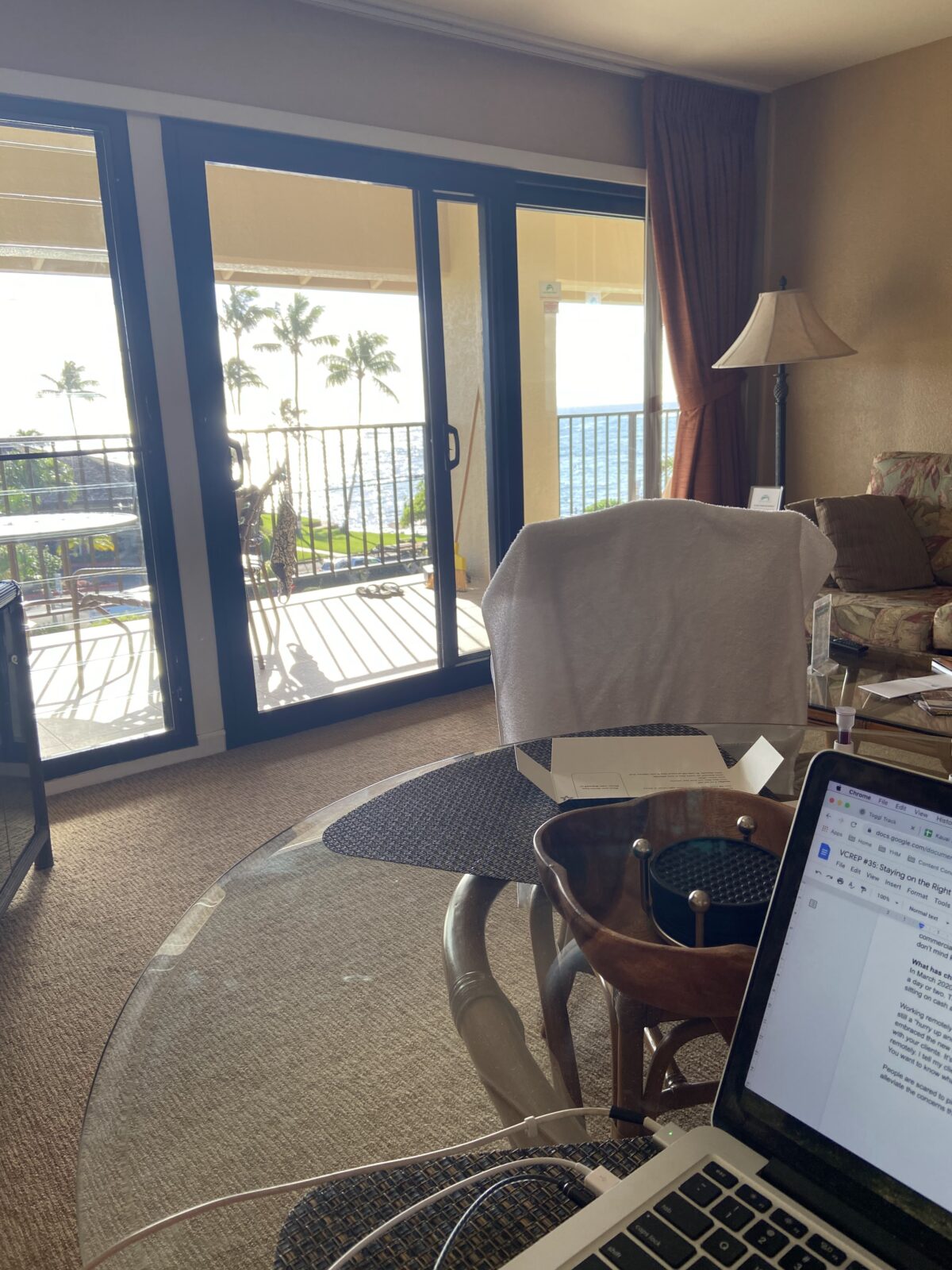
Tip #7: Set boundaries around your work
Boundaries are going to be a BIG part of your freelance career. Remember, you don’t have HR or other employees looking out for you. It’s up to you to set the rules.
As a newbie freelancer, it’s tempting to say yes to everything. I remember accepting absolutely any assignment that came my way, even if it was on a topic I didn’t care about and paid peanuts.
But as I’ve grown in my freelancing career, I’ve learned how important it is to set boundaries around the work I will and won’t do. A great place to lay these boundaries out is in your contract (see tip #3).
I now have firm boundaries around what kind of work I do, how fast I will return work and even when I will respond to emails. I’ve learned how to set rates, due dates and scopes that work for me.
When I first started out, I was terrified that setting boundaries like this would mean I’d lose all my clients. On the contrary, these boundaries have actually gained me a lot of respect.
By having firm boundaries around your work, your clients know you take that work seriously. They see you as a professional managing a business, and not just a desperate freelancer answering emails at 2am on a Saturday.
Tip #8: Set boundaries around your time
As freelancers, we don’t just need boundaries around our work. We also need boundaries around our time.
This is one of the hardest things to do as a freelancer because your schedule is flexible, so you can work anytime. But just because you can work anytime doesn’t mean you should.
It’s extra difficult for freelancers because often, especially at the beginning, time equals money. If you’re not answering emails, pitching prospective clients or doing the work, you’re not getting paid.
So when you’re just starting out, it’s natural to work late into the evenings or on the weekends. Many freelancers bring their laptops with them to bed and have no concept of “business hours.”
And while this happens all the time, it’s not a good thing. Not having boundaries around your time leads to burnout.
I know it sounds counterintuitive, but you will actually be able to do better work and have a more successful freelance career if you’re not always working. Having hours or days when you don’t touch your laptop is a good thing.
Not only will this prevent burnout, but it will also improve your client relationships. If you don’t respect your own time, how can you expect your clients to?
So sign off at 5pm, shut down your computer on the weekends and take a full lunch break. Freelancer, you deserve it!
Tip #9: Invest in yourself and your freelance business
This is one freelancing tip that I’m still trying to learn. When you’re just starting out as a freelancer, money is probably pretty tight. It can seem really frivolous to spend on anything that’s not absolutely necessary.
And then, if you’re like me, you figure you’ve gone so long without spending money on anything that what would be the point of starting now?
Unfortunately, I’ve learned that this way of thinking really limits the growth of your freelance business (and honestly, of yourself).
I’m not saying you should go out and spend thousands of dollars on every course, every workshop, and every new gadget before you even make a penny from your clients.
But I am saying that smart investments in your business and in yourself pay off. The old adage “you have to spend money to make money” does have some truth to it.
If you’ve done the research and you believe that spending on something is going to help you in the long run, go for it. I rarely do this, as I’m quite risk averse and hesitant to spend money, but I want to do it more often.
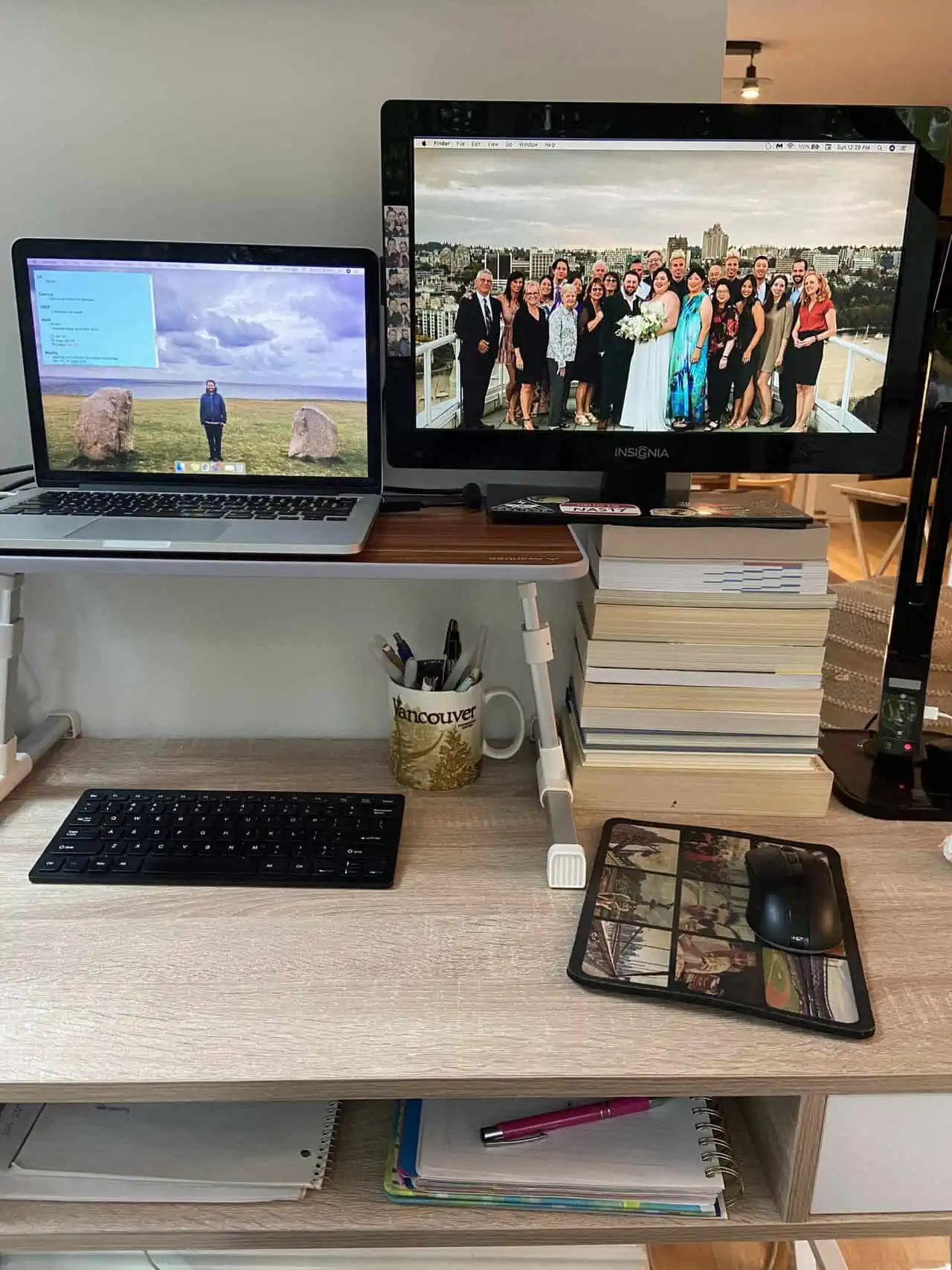
Tip #10: Find a community of fellow freelancers
Freelancing can feel really lonely. Especially if you’re working from home all by yourself and don’t have any friends or family who can relate to you (more on that later).
That’s why it’s so important to find a community of fellow freelancers!
Your freelancing community can offer you advice when you’re first starting out. They can support you through challenges and provide companionship.
A freelancing community is also a great source of referrals! I’ve gotten some of my best clients through my freelance community.
You know what they say – your network is your net worth. (Even though it gives me the ick typing it, it’s kinda true.)
With so many people working online and working for themselves these days, freelancing communities are easy to find. There’s likely a local group in your area, a co-working space you can join or, at the very least, an online community for you.
In the pre-pandemic days, I used to host a monthly lunch with other freelancers in Vancouver. While it was quite outside my comfort zone, I always left those lunches feeling so glad that I went.
As much as I do love independently working from home, there is a part of me that misses in-person community. I’d love to find another local, affordable freelancing group to join.
Tip #11: Define your offering
When I jumped into freelancing at the end of 2016, I was happy to do almost anything related to writing. I wrote blog posts, web copy, social media captions and more.
I sold myself as a content writer, copywriter, social media manager, project manager, marketing guru and whatever else clients wanted me to be. And while it was fun to try on so many different hats, I believe not niching down sooner hurt me.
I will say, trying out different writing roles helped me learn what I like and what I don’t like. It helped me find my Zone of Genius and has given me a wider work experience.
But by not having one clear offering, I made it harder for potential clients to hire me.
Instead of positioning myself as an expert, building up authority and experience in one thing to attract clients, I’ve taken a more “Jack of all trades” approach.
And while this sounds helpful, often clients who want to hire one person to do all of their writing tasks are clients who don’t understand what they need and don’t pay well.
If you had a leak in your bathroom, would you rather hire an experienced plumber or a generally handy person who’s fixed a toilet or two?
So yes, take some time to figure out what it is you love to do and what you’re good at. But once you know, niche down and define your specific offering.
Make it easy for potential clients to find and hire you.
Tip #12: Change how you think about hourly rates
Growing up, my understanding of a job was that you got paid a certain amount per hour of work. The harder the work and the more qualified you were, the more money you’d get paid each hour.
Of course, as a grown up, I know that’s not always the case. Plenty of people make tons of money with very little effort. And sadly, many more work very hard for next to nothing.
As a freelancer, it’s critical that you change the way you think about hourly rates. You want to work smarter, not harder.
For starters, an hourly rate for an employee is not the same as an hourly rate for a freelancer.
An employee’s $30/hour includes coffee breaks, informal chit chats by the water cooler, their desk and computer, any software they need, free coffee in the kitchen, the lease on the building, team activities, etc.
Notably, an employee’s wage may also include benefits, retirement contributions and taxes.
As a freelancer, your $30/hour includes none of that. You have to pay for all of those expenses out of your own pocket.
Secondly, as you become a more experienced and skilled freelancer, you’ll learn that it doesn’t always make sense to trade time for money.
For example, if you’re being paid hourly to create a logo, perhaps that took you five hours when you first started graphic design. But now that you’re an experienced designer, you can create a logo in two hours. Why should you be paid less for being better at your work?
Many freelancers prefer to be paid a project or flat rate. This way they can be paid for the results of their work, rather than their time.
The issue is when you start at an hourly rate. It can be very hard to pivot to a project rate, especially with current clients.
Another note on hourly rates: If someone isn’t paying you to be available, then you don’t need to be.
Remember, you’re a freelancer, not an employee. If a client expects you to jump on phone calls or check messages all throughout the day, they need to be paying you for that time.
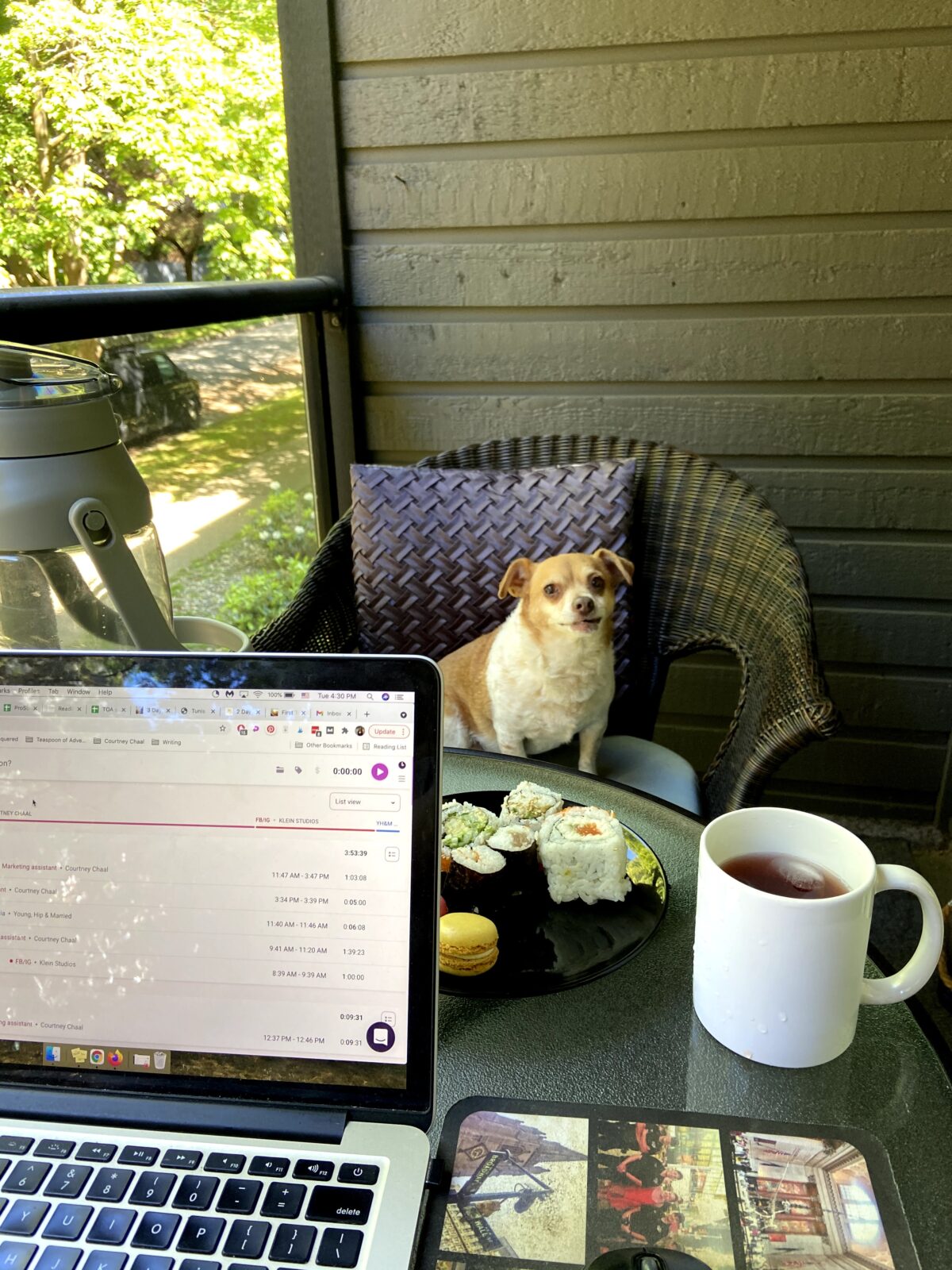
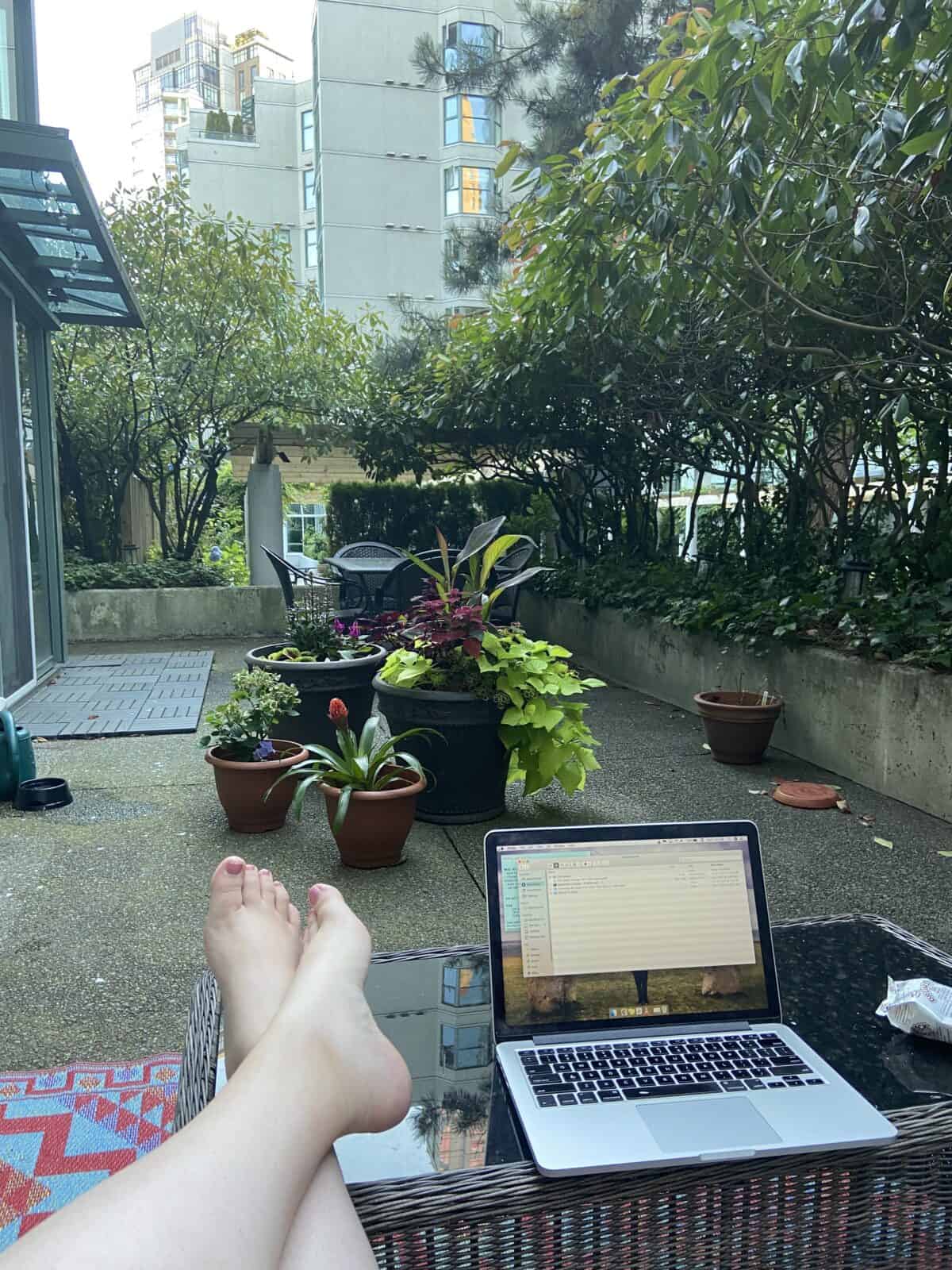
Tip #13: Good client communication is everything
I’ve had many clients in my almost decade of freelancing. And the one thing I come back to every time is client communication. A client who can communicate well is GOLD.
As a freelancer, you are responsible for managing your own work. Your client should assign something to you – or choose from one of the services you offer – and you should go off and do it.
So the first thing I look for is a client who trusts me to do the work, no micro-managing required.
I also look for a client who knows what they want. Even if they don’t have the skills to do it themselves (that’s why they hired me!), I value clear assignments and feedback.
To me that means a very clear ask, briefing with all of the relevant information, a reasonable due date we both agree to, a set number of edit rounds with specific feedback, and an organized method for delivery.
Not all clients are great communicators. Some can get there with your help.
If you can create organization on your side, set clear expectations in your contract, maintain your boundaries and ask for what you need, you may be able to improve your communication.
But some clients will never get there. If you notice red flags, like a client demanding answers from you on weekends, assigning tasks last minute or continually giving very vague feedback, that might be a sign to end your contract with them.
Tip #14: Raise your rates regularly
Here’s another tip I desperately wished someone had told me when I first started out as a freelancer. If you haven’t done it in a while, RAISE YOUR RATES!
Unlike in a regular job where you may automatically receive an annual raise or be able to put in for a promotion, none of that is in place for you as a freelancer. If you start charging a client one rate in 2006, they’ll happily pay that same rate in 2026!
It’s up to you to raise your rates. I find the easiest way to do this is to make regular rate raises a normal thing with your clients. For example, every Jan 1st you could move all of your clients to your new rates for the year.
PS: Don’t forget to warn them! You should never spring a rate raise on a client. Give them lots of notice and the chance to ask questions.
Remember that your raised rates don’t only account for increases in cost of living and inflation, but also increases in your skills and experience.
I’ve faced two big struggles with raising my rates that I know are very common for freelancers.
Struggle #1: My starting rate was too low.
I, shockingly, agreed to be paid just $12 CAD ($9 USD) per hour for a blog writing and social media role in 2017. It was my first client with a long term contract, so I didn’t think I had the skills to demand more.
Luckily, the client was aware of how low that rate was and has offered or agreed to rate raises over the years. I now make much more than $12/hour with that same client, but it is still my lowest hourly rate.
And that’s because it started so low. Even drastic raises of 20+% only go so far when you start at the bottom.
Struggle #2: Being nervous my clients won’t pay more.
This goes back to imposter syndrome. I’ve always been worried about raising my rates because I fear my clients will say no and walk away.
But every single time I’ve brought up a rate increase, my clients have accepted it. And even if they didn’t, we could still negotiate before either of us walked away.
I once heard a business coach say that it’s not your job to be in your clients’ wallets. You don’t need to worry about what they can afford; that’s their job, not yours.
Tip #15: Monitor what work you love and what work you hate
One of my biggest takeaways as a freelancer has been learning what work I love to do and what work I hate.
I started out doing any and all kinds of freelance writing. Over the years, I’ve refined my work to mostly content and copywriting for small businesses. I’ve almost completely moved out of social media (thank god!).
It took me a long time to realize what work I really enjoyed. I spent too long doing work I hated, assuming I just needed to suck it up.
But one of the awesome things about freelancing is you don’t have to do work you hate. You can end the contract and move on.
If you find yourself dreading certain work or it taking longer than it used to, that’s a good sign to stop and take notice. What about the work don’t you like? Or is it an issue with the client?
On the other side of the coin, you should also take notice of work you do love to do. What projects put a smile on your face? Which clients are you happy to see in your inbox?
Answering these questions will help you refine your work (tip #11) and ensure you only work on projects you love with great clients.
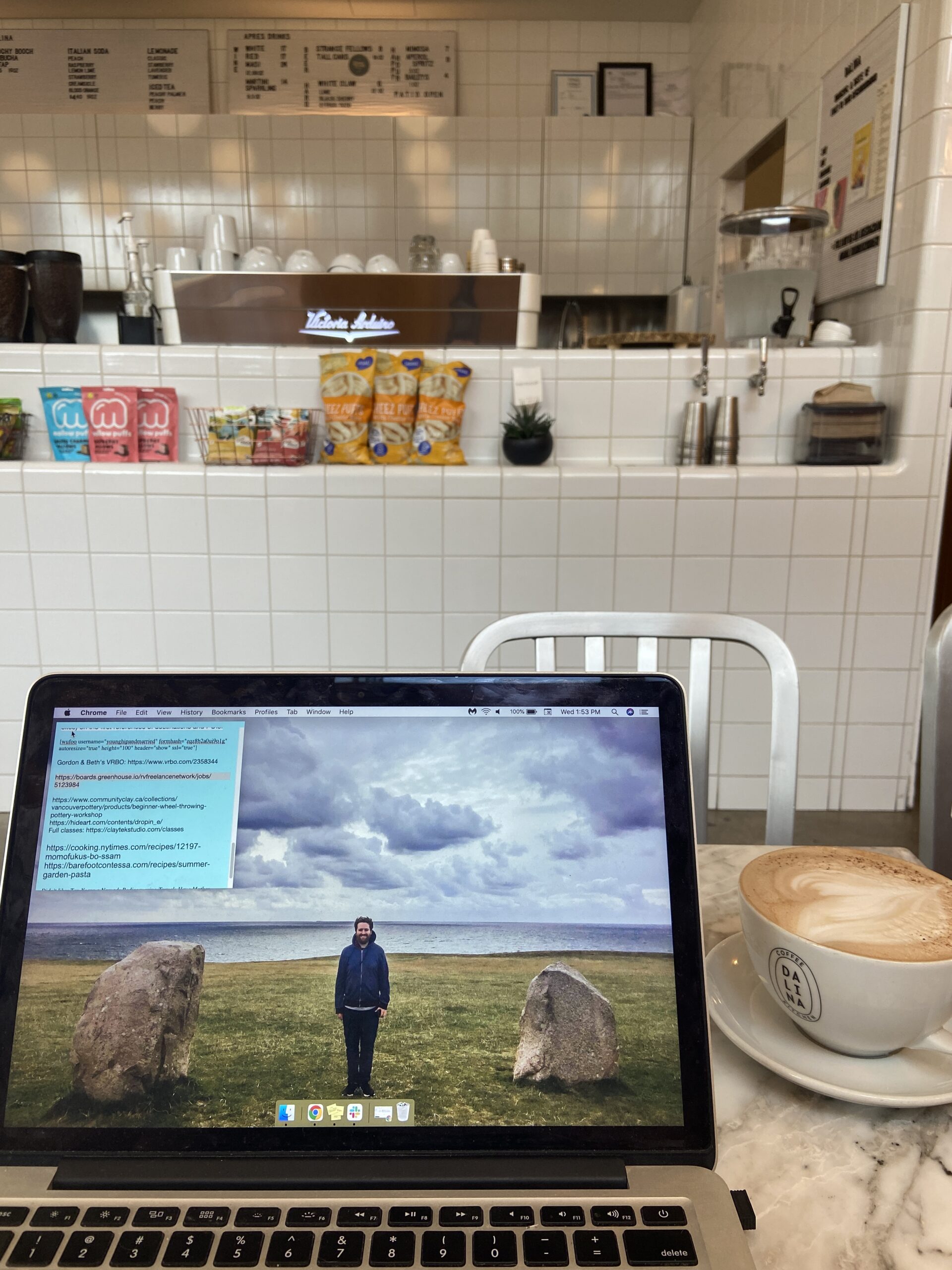
Tip #16: Not everyone will understand your freelance career
While freelancing and the gig economy have become more popular in recent years, it’s still a mystery for a lot of people (especially people of an older generation).
If you’re the first person in your friend group or family to start freelancing, it makes sense that people will be confused about what you’re doing.
“What do you mean you’re just staying home and working on the internet? Don’t you need a real job?”
I’ve been freelancing full time since late 2016. Of my close friends and family, I’m one of the only freelancers.
It’s taken me years to try and explain what I do to certain family members. To this day, I’ll still receive phone calls in the middle of the day and the caller will be shocked when I explain that I’m working and can’t just chat.
Especially when you’re a beginner freelancer and you can barely explain your job to yourself, it’s very hard to get anyone unfamiliar with freelancing to understand what you’re doing.
But that’s okay. Your friends and family don’t have to get what you do. They just have to respect it. This may mean putting boundaries in place around your work time.
I’ve also found that people unfamiliar with freelancing often don’t have the best advice. People who are used to employer-employee relationships don’t understand how a freelancer could leave an email unanswered for 24 hours or push back on a request.
This is when I recommend relying on your freelance community (tip #10). They will be able to offer more understanding, advice and commiseration for loved ones who just don’t get it.
Tip #17: Have a back up plan
As a beginner freelancer, I think it’s very important that you have a back up plan. Actually, a back up plan is pretty critical at any stage of your freelancing journey.
Because freelancing isn’t steady work, you should prepare yourself for ebbs and flows. A lot of freelancers go through the “feast or famine” cycle when they have way too much work and then none at all.
That being said, we’ve learned that regular employment isn’t as steady as it appears to be. Companies lay people off without notice all the time.
In fact, freelancers might be more prepared for work changes since we’re experienced in pivoting and finding new freelance jobs.
All to say, you should have a back up plan. That might look like another side hustle, a healthy savings account or a way back into traditional employment if freelancing doesn’t work out.
When I first started freelancing in 2016, I assumed it would only be a part time thing. I assumed I’d get a retail job on the side while trying to make freelancing work.
Luckily, my freelance work was able to pick up enough for me to pay the bills and I never did have to get a part time job. But I had that in my back pocket in case I needed it.
Tip #18: Have a plan for the future
My final tip for you, newbie freelancer, is (I hope) a slightly more inspirational one. As important as it is to have a back up plan and safety net, you also want to be dreaming for your freelance future.
So many freelancers (myself included!) start out just trying to scrape by. We take whatever work we can find and cobble together enough clients to pay the bills each month.
We never take the time to figure out where we want our freelancing careers to go. And that is a mistake.
So as you enter into this brave new world of freelancing, I want you to forget about all the fears and challenges of starting out for a second and think about the future.
Where would you love to be in 5, 10, 20 years? Do you see yourself building a company with freelancers and employees working under you? Do you want to develop a passive income stream, such as courses or products?
Is there a passion project you want to bring to life? A skill you want to learn? Something you want to achieve in your field?
Outside of work, what goals do you have for your life that freelancing can help you achieve? Why are you choosing to freelance instead of something else?
Starting your freelance career with these future dreams in mind gives you something to work towards. It also keeps you inspired when the challenges of freelancing creep in.
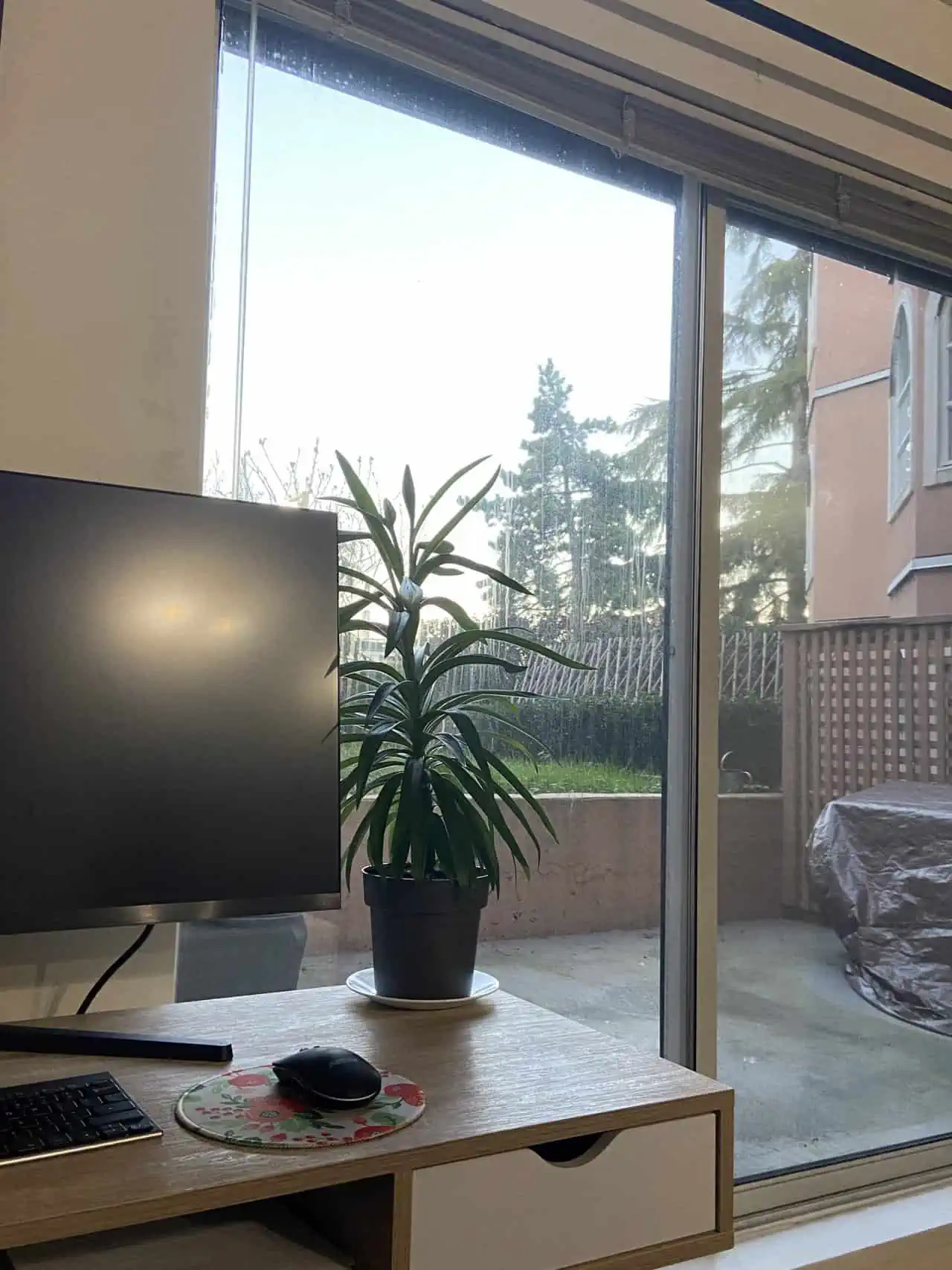
Wrapping up my 18 freelancer tips for beginners
I hope after reading my 18 tips and hearing stories from my freelance career, you’re feeling prepared and excited to begin your own.
Even with all my freelancing tips, know that you are still going to make mistakes. That’s part of the freelance journey! The key is to learn from those mistakes, which isn’t always easy.
As hard as freelancing can be, I wouldn’t change my career for the world. Because of freelancing, I was able to move my little family to Prague for a year. I’ve also had the flexibility to be there for sick family members in the hospital.
Because of freelancing, I get to spend every day writing – which is what I love to do! If you had told 12 year old Riana she’d get paid to write about travel, she would not have believed it.
Freelancing isn’t for everyone, but I really do believe it’s for me. I’ve waffled at times – and even applied to in-person 9-5 jobs – but am so glad I’ve stuck with freelancing for 8+ years.
I hope your freelancing career is as fulfilling and eventful as mine has been!



